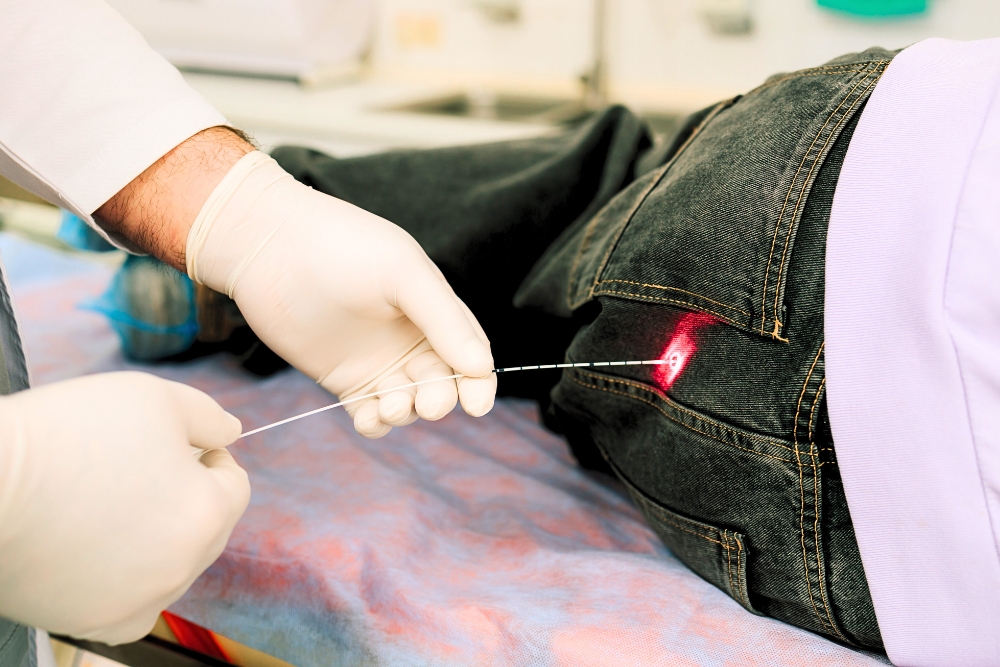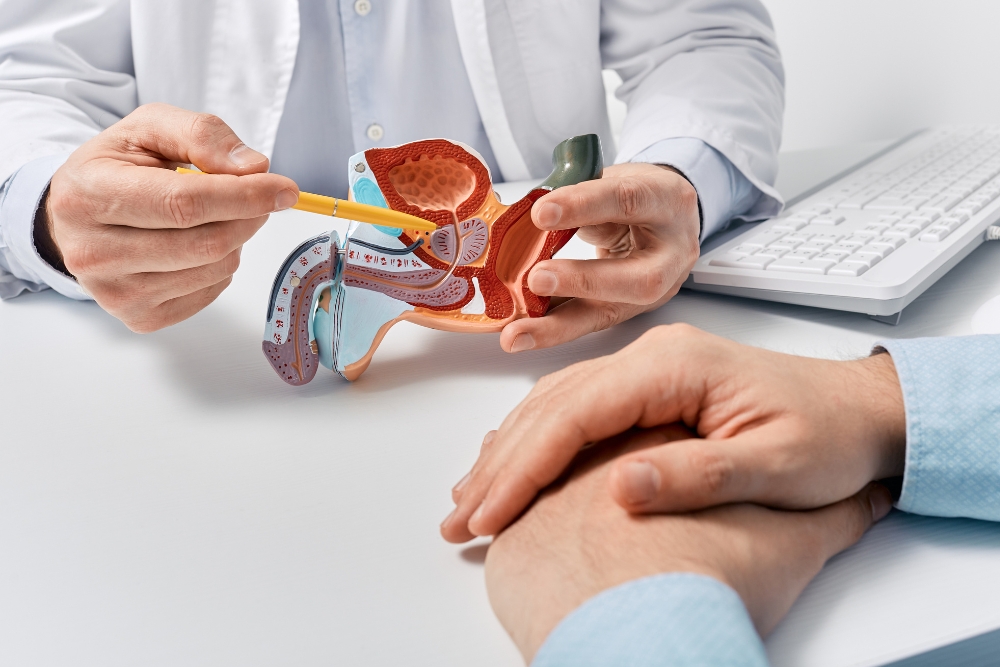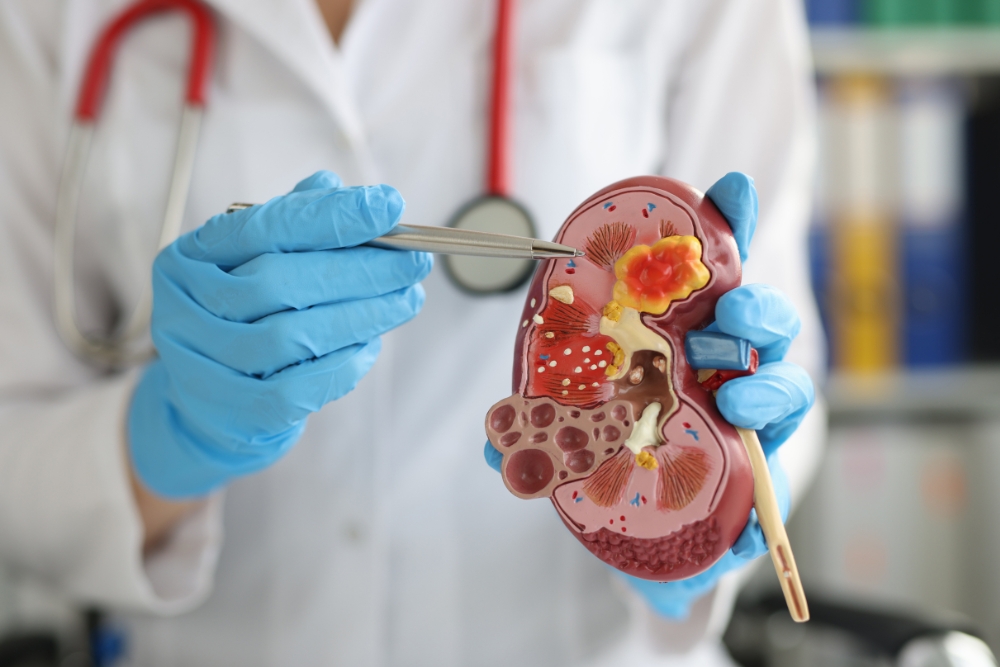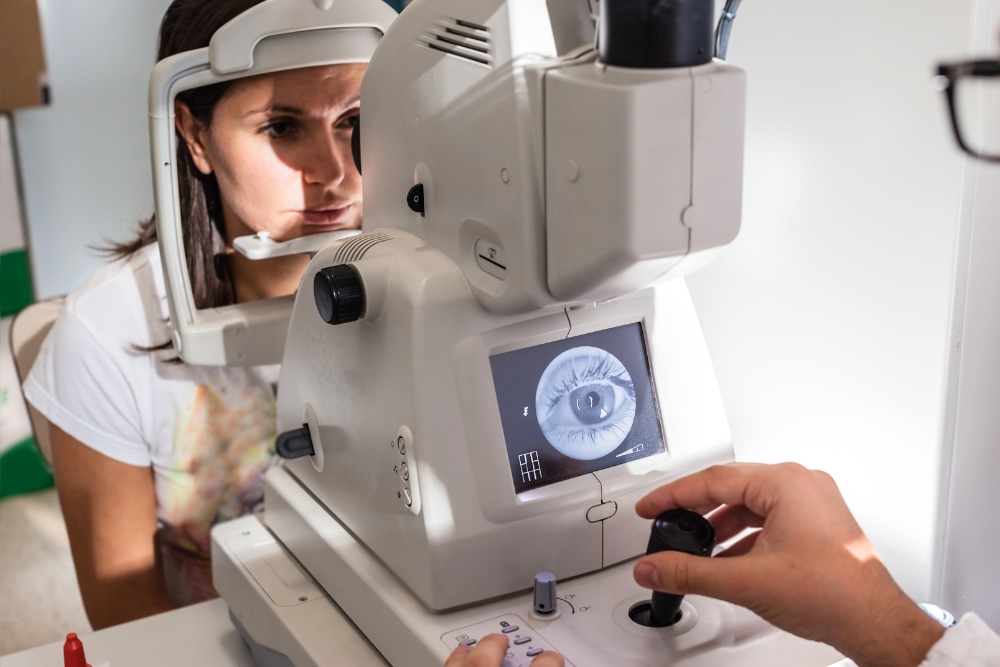-
Managing Gestational Diabetes: Safe Pregnancy Tips from RAK Hospital
-


If you’ve just been told you have gestational diabetes or you’re waiting for your screening results during pregnancy you’re not alone. Thousands of expecting mothers across the UAE go through this experience every year. And for many, it brings a wave of questions, fear, and self-doubt.
Hi, I’m Dr. Kishore Kumar Katam, Consultant Endocrinologist at RAK Hospital. I meet women every week who are nervous after their glucose test or unsure what this diagnosis means for them and their baby. The truth is gestational diabetes is manageable, and with the right support, most women go on to have perfectly healthy pregnancies and healthy babies.
In some cases, diet and exercise are enough. In others, medication or insulin may be needed. But the key is timely action and understanding how to manage your blood sugar safely, without panic.
The purpose of this article is to give you a clear, step-by-step understanding of what gestational diabetes really is what causes it, how it’s diagnosed, how we treat it at RAK Hospital, and how you can support both your baby and your own health throughout the pregnancy.
While any pregnant woman can develop gestational diabetes, some women are at higher risk due to certain factors. Knowing your risk helps you and your doctor stay one step ahead with early screening and care.
You may have an increased risk if you:
These factors can make your body more insulin resistant during pregnancy, leading to elevated sugar levels.
Other risk factors include:
Even if you feel healthy and have no symptoms, these risk factors can increase your chances of developing gestational diabetes which is why early testing is so important for pregnant women in higher-risk categories.
Gestational diabetes is usually diagnosed with a simple and painless blood test called the Oral Glucose Tolerance Test (OGTT).
When is it done?
Between 24 and 28 weeks of pregnancy unless you’re at high risk, in which case your doctor might test you earlier.
There is a new thing called early Gestational Diabetes, where we diagnose patients with higher sugar levels even before 24 weeks of gestational age. Managing this early Gestational Diabetes can reduce the maternal and fetal risks.
How does the test work?
What do the results mean?
If your blood sugar is slightly elevated, your doctor may recommend a second confirmatory test.
Catching this early helps us manage it smoothly often with just diet and lifestyle changes, and a healthy pregnancy outcome.
The good news is that most women can manage gestational diabetes naturally, without medication, simply by making a few small but consistent changes in daily habits. Our goal is to keep your blood sugar levels stable and ensure both you and your baby stay healthy throughout the pregnancy.
Here are the 4 core areas we focus on at RAK Hospital:
Not all carbohydrates are bad, the key is choosing the right kind. Foods with a low glycemic index digest more slowly, which helps prevent sudden spikes in blood sugar.
We usually recommend:
We’ll give you a personalized pregnancy diet plan that fits your routine, culture, and preferences so it’s easy to follow and doesn’t feel restrictive.
It’s not just what you eat it’s how much and when you eat.
Eating smaller meals more frequently (every 2.5 to 3 hours) helps prevent blood sugar highs and lows. Keeping snacks healthy and portions balanced also supports steady energy levels throughout the day and helps manage weight gain during pregnancy in a healthy way.
Even 20–30 minutes of light physical activity can make a big difference. Movement helps your body use insulin more effectively and lowers blood sugar naturally.
Safe, doctor-approved options include:
We’ll advise you on what’s safe for your specific stage of pregnancy.
Keeping an eye on your sugar levels helps us understand what’s working and when small adjustments may be needed.
Most women check their sugar:
It takes just a few seconds with a home glucometer, and it gives you more control over your pregnancy health.
At RAK Hospital, we understand that being diagnosed with gestational diabetes can feel overwhelming but you don’t have to go through it alone.
Our multidisciplinary team is here to support you with everything you need to manage your condition safely and confidently throughout your pregnancy.
You won’t need to run between clinics. At RAK Hospital, our gynecology and endocrinology departments work hand-in-hand to provide seamless, coordinated care for pregnant women in the UAE. Whether you need advice, treatment adjustments, or regular monitoring everything is under one roof.
Every woman is different, and so is every pregnancy. That’s why we don’t believe in a one-size-fits-all approach. We’ll work closely with you to create a pregnancy care plan tailored to your lifestyle, health status, and preferences keeping both you and your baby safe, healthy, and supported.
Managing gestational diabetes starts with food, movement, and mindset. Our on-site nutritionists will help you create a practical, flexible eating plan that works for you without stress. And our diabetes educators will guide you on how to check your blood sugar, what to watch for, and how to stay in control throughout the journey.
Our care doesn’t end at childbirth. We’ll continue monitoring your sugar levels after delivery and help reduce your long-term risk of type 2 diabetes. We’ll also ensure your baby’s health is closely watched in those early days, so both of you leave the hospital healthy, strong, and ready for your next chapter.
A diagnosis of gestational diabetes can feel overwhelming at first but with the right care and timely steps, it can be managed smoothly and safely.
The most important thing is to take early action. Regular checkups, blood sugar monitoring, healthy meals, and light activity can go a long way in ensuring a safe pregnancy for both you and your baby.
At RAK Hospital, we’re here to walk this journey with you offering complete support through our team of gynecologists, endocrinologists, dietitians, and diabetes educators under one roof.
If you or a loved one is pregnant and has tested positive for gestational diabetes, don’t wait.
Book an appointment with our maternal health and diabetes care team today.
1. What exactly is gestational diabetes and why does it happen during pregnancy?
Gestational diabetes means your blood sugar is slightly higher than normal during pregnancy. It’s quite common and happens because of the natural hormonal changes in pregnancy, your body becomes a little resistant to insulin, which is the hormone that controls sugar levels.
2. Will this affect my baby’s health or growth?
With proper care, your baby will be absolutely fine. That’s the good news. The reason we monitor things closely is to keep everything on track. Most women with gestational diabetes go on to have healthy, full-term babies and we’ll guide you step by step to make sure of that.
3. Can I control it with just food and exercise, or will I need insulin?
In most cases, yes a few simple changes in your meals, portion sizes, and a short daily walk are enough to keep your sugar levels stable. If at any point your readings are still high, we may consider insulin but that’s usually temporary, and it’s very safe during pregnancy.
4. How often do I have to check my blood sugar?
Usually, 4 times a day it sounds like a lot at first, but the process is quick and easy, and it helps us make sure everything is under control. You’ll get used to it in just a few days.
5. What can I eat now and what should I avoid?
You don’t need to follow a strict or boring diet. We’ll help you eat a balanced, healthy meal plan that includes all the nutrients you and your baby need just with the right portion sizes and smart combinations. You can still enjoy your food we just focus on better timing and choices.
6. Is this my fault? Did I do something wrong?
Absolutely not. Many women who are fit, active, and eat well still develop gestational diabetes. It’s purely related to pregnancy hormones. What matters now is managing it and you’re already taking the right steps.
7. Will this go away after delivery or will I have diabetes forever?
For most women, gestational diabetes goes away after childbirth. We’ll check your sugar levels again after delivery to confirm. You may have a slightly higher risk of developing type 2 diabetes later in life, but with healthy habits, that risk can be lowered too.
8. How do I keep myself calm and healthy while dealing with this?
Eat on time, stay lightly active, rest well, and follow the plan we create together. At RAK Hospital, our team is here to support you through this so you never feel alone or unsure.


















